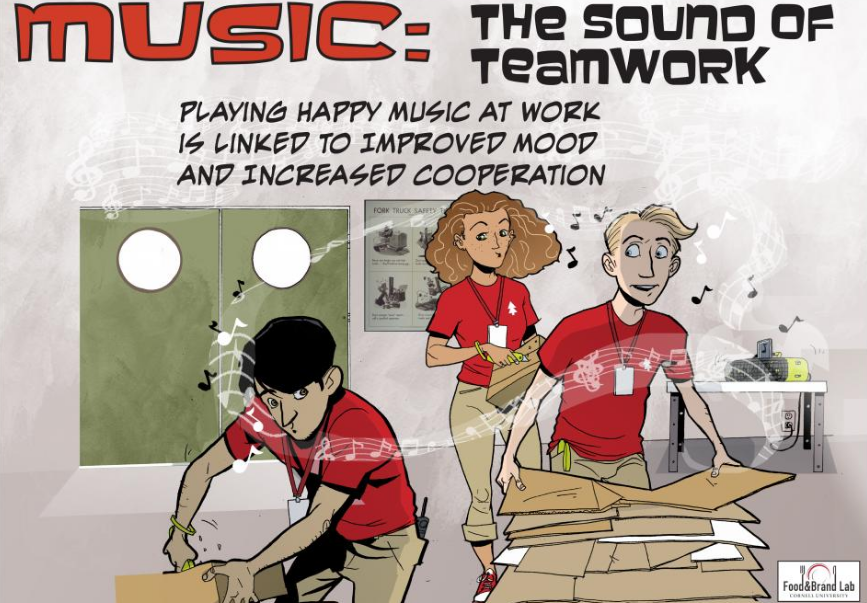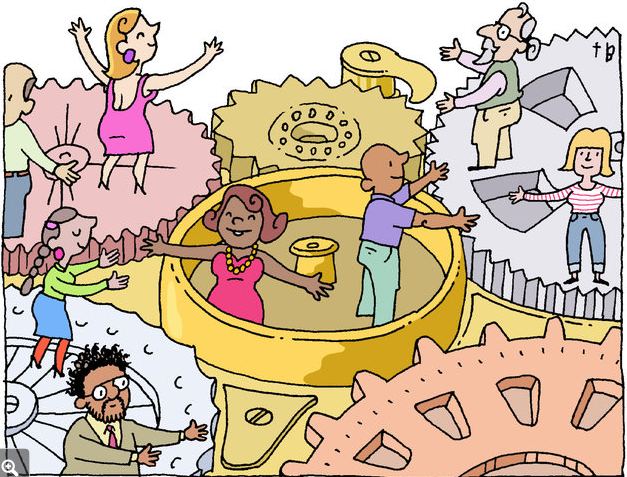Here we go again: Periodically, we find yet another survey that documents how dissatisfied, unhappy, and thwarted people feel about their jobs. Or just hate what they do. As one person lamented, “I actually like my work; I just hate my job.” Of course, such findings raise continuing questions about the sources of so much unhappiness and conflict, which can and does trigger a range of emotional and physical problems.
This latest study found that about 75 percent of American workers are looking for a new job; and most complain that they fail to receive enough recognition from their organizations.
These findings are from The 2017 Mind the Workplace report, released by the nonprofit group Mental Health America (MHA) and The Faas Foundation, surveyed more than 17,000 U.S. workers in 19 industries.
Among the findings were that 77 percent of workers surveyed said some of their colleagues get recognition they don’t deserve, while those who bring more to the table professionally get ignored. Moreover, nearly half said they “rarely or never” received the level of pay they deserved. Moreover, 44 percent said skilled workers were “‘always or often’ overlooked.”
There’s more: Sixty-six percent of respondents said they seldom feel like they can trust their colleagues to support them at the office. And 64% percent of employees reported that if things got tough, their supervisor would “sometimes, rarely or never” support them.
And to highlight what I said above regarding the impact on their health, Sixty-three percent of those surveyed said that the stress of their job had “a significant impact on their mental and behavioral health.” Not to mention that a 2016 Harvard/Stanford study that found that an average of 120,000 workplace deaths annually might be linked to work-related stress.
The usual explanations – and recommendations – for such data, tend to focus on learning to manage stress better. That’s always good advice, for life in out frenzied, rapidly changing workplace and career challenges. And a 2016 Harvard/Stanford study that found that an average of 120,000 workplace deaths annually might be linked to work-related stress.
But I think what’s chronically overlooked is the source – whether stress, hatred of one’s job, or the emotional and physical damage people experience. That source is most often rooted in the Continue reading




















 Part of the Tabula Peutingeriana, a 13th-century copy of an ancient road map, with Rome at center.
Part of the Tabula Peutingeriana, a 13th-century copy of an ancient road map, with Rome at center.




























